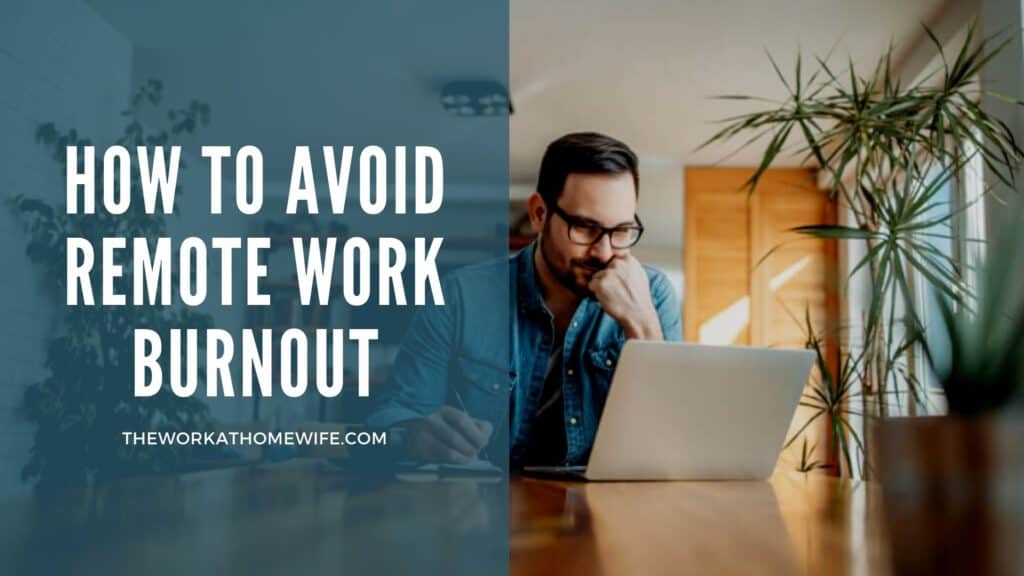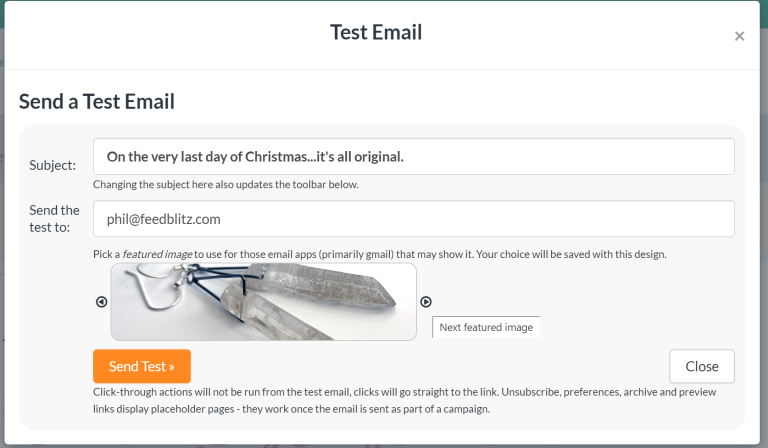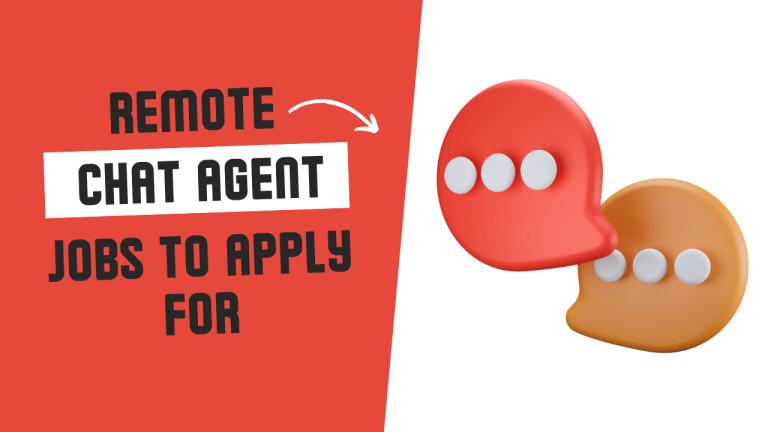INSIDE: If you’re asking the question, “what is remote work burnout,” then you probably have it. Read on to learn what it is and what you can do about it.
Working from home is the dream of many. You can avoid traffic, annoying coworkers – for the most part – and, hopefully, spend more time doing the things you love. Sounds great. Right?
Unfortunately, remote work isn’t for everyone. And even those who were born to be part of a remote team can struggle from time to time. A recent FlexJobs survey showed 75% of respondents had experienced remote work burnout. 40% reported experiencing remote employee burnout during the 2020 pandemic specifically.
Remote work burnout is real. Your mental health is important and loneliness, stress, lack of work-life balance and job burnout can have serious effects. Luckily, there are a few simple things you can do to ensure happiness and longevity. But first, let’s answer the question, “what is remote work burnout.”
What is Remote Work Burnout?
Millions of people found themselves working remotely for the first time in 2020. Sadly, this was usually the result of local lockdowns. Not only couldn’t people go to the office, they couldn’t go much anywhere.
This made for a difficult transition for many. And those who were already working from home? Well. We all need breaks. When your home becomes your office, the separation of the two can be difficult. It can be stressful. Things can quickly deteriorate, especially in an already difficult time.
It’s not all rainbows and butterflies. There are some definite downfalls to remote work.
And then, you find yourself asking, “what is remote work burnout and do I have it?”
Remote work burnout symptoms may include:
- Feelings of exhaustion
- Feelings of guilt for working too much or too little
- Ignoring things you would normally love to do
- Ignoring people you would normally love to be around
- Panic attacks
- Irritability
- Lack of concentration
- Depression
For those in high-stress jobs to begin with, job burnout can be hard to identify. You may always feel overwhelmed by work. Maybe your personal life is getting the blame when the real problem lies with lack of control and workplace negativity.
Take some time to do a deep assessment of what you are feeling and experiencing. What makes you feel better? What makes you feel worse? Where does the true dread come in?
If you answered yes to “what is remote work burnout and do I have it?,” all is not lost. We have a few tips.
Tips to Remedy Remote Work Burnout
Now that you know the answer to what is remote work burnout, we need to figure out what to do about it.
You can fall in love with working from home again. It may not happen overnight, and it will take work. But it is possible.
Set boundaries
One of the biggest strugglers for telecommuters at any given time is boundaries. When working from home, many feel they need to be available around the clock. It’s also easy to work longer hours when you no longer need to worry about drive time. And, your computer is always right there!
This is a top reason for WFH burnout. Set good boundaries and stick with them. Establish concrete working hours and don’t stray. Turn off the notifications when you are off the clock.
The opposite can be true as well. If you find yourself doing laundry instead of working, set those boundaries. Housework creep is just as dangerous as work creep. It’s hard when working from home, but try to keep the two as separate as possible.
Get ample sleep
This is always the go-to answer for everything. Isn’t it? But it truly helps. The more exhausted you are, the less productive you are at anything. The lesser quality of work you are completing. And perhaps your lack of sleep isn’t just related to workplace stress.
Maybe you are tempted to binge watch one more episode before you go to bed since you no longer have a commute. Set some sleeping boundaries as well. Be consistent.
Get off social media
Ah. The thing that was supposed to bring us all together has really torn things apart, hasn’t it? Social media is one of the biggest stressors around and not just in relation to asking what is remote work burnout. There’s the comparisons. There’s politics. There’s a lot of “Karens.”
Do yourself a favor. Turn it off. TALK to the people who are important to you. Be present in your real-life relationships. If something is truly important to your life, you don’t need social media to inform you of it. And your mind and soul are better off without other people’s drama.
Start your day with “me” time
Rather than waiting to jump out of bed at the last possible snooze alarm, ease into your morning.
Get up 15 or 30 minutes earlier. Use this extra time to meditate or journal. Sign up for an exercise app and use this time to get in a quick workout or yoga class. You can even do something as simple as walk in place or stretch while watching the morning news.
Go outside
Even if you can’t go anywhere, you can still find a way to get some fresh air. Nature does wonders for the mind and the soul. Take a quick stroll around the block. Have your morning coffee on the patio.
Drink more water
Another answer for everything. The fact of the matter is that most of us don’t drink enough water. This can cause headaches and tiredness. It can even weaken your immune system. Nobody has time for that! Always keep liquids at arm’s reach and hydrate regularly throughout the day.
Be cognizant of your time
Oftentimes when we are feeling stressed and like there aren’t enough hours in the day it is because we aren’t really spending our time as we tell ourselves. Maybe you think you put in eight full hours today, but you really extended your lunch a little longer to fold one more load of clothes.
Instead of shutting down at 5 o’clock like you said you would, you let another 30 minutes slip by answering emails. Every minute adds up. Pay attention to how you are spending yours.
Socialize
Human beings were not built for social isolation. That includes remote employees. We long for interaction with others.
Build time into your day to socialize. If it can’t be Friday drinks with your coworkers or Tuesday lunch with your “work bestie,” it can certainly be something else. Make a new friend in the neighborhood. Join a book club. Call your mom. (Just make sure you call. No text.)
We inherently need a sense of belonging and community. The traditional workplace provided that for many. Find an alternative. You may find you enjoy the new company better!
Final Thoughts About Remote Work Burnout
You asked “what is remote work burnout” most likely because you’re experiencing the symptoms. But now, you at least know what to do about it.
You can enjoy being a remote worker again and prevent burnout, and for the long-term. Promote wellbeing, by staying connected, relaxing, being active and taking care of your physical health. These are all important pieces to the puzzle that is you.










